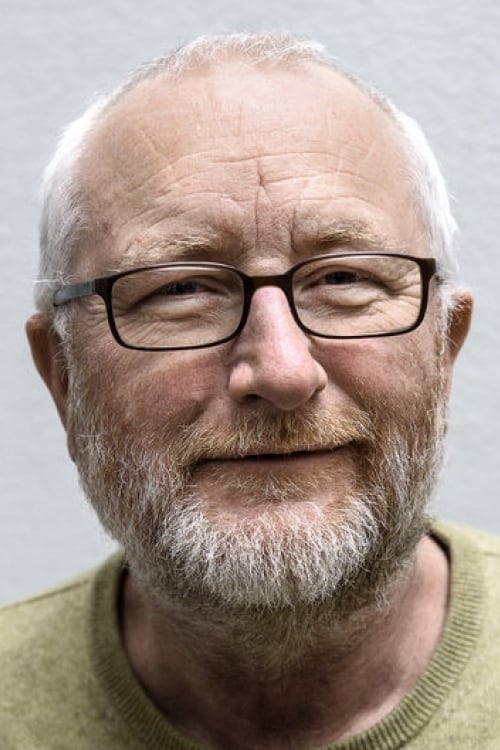
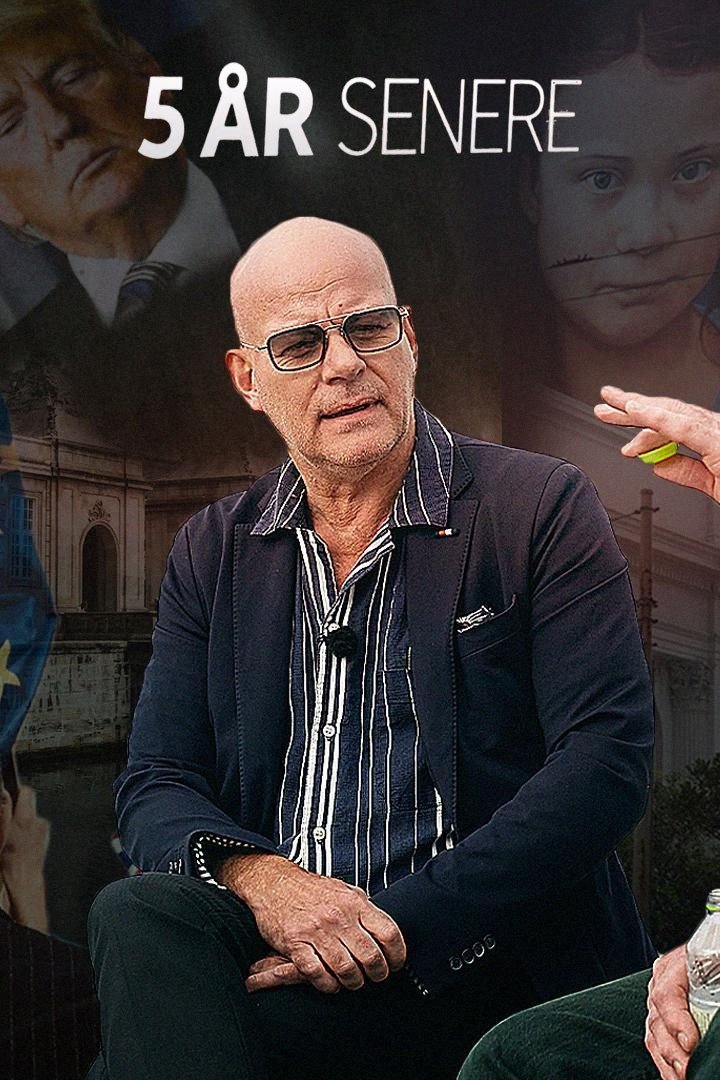
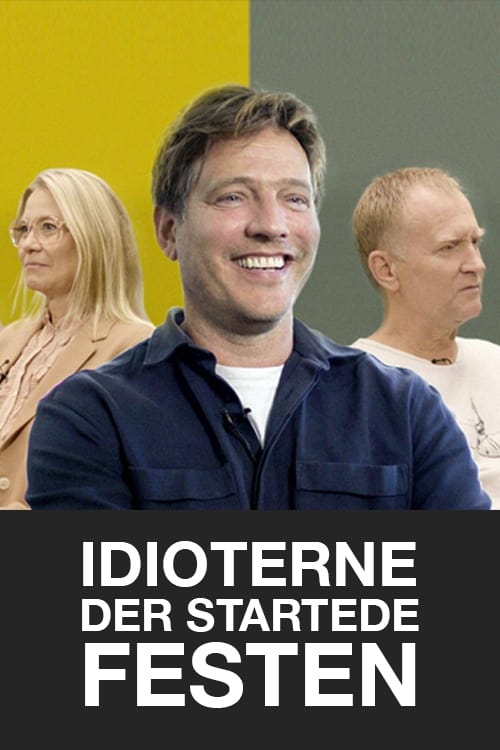
Danish film has never felt stronger on the international stage than it did with the Dogme films, which at the world premiere of 'The Party' and 'The Idiots' during the Cannes Film Festival in 1998 put Denmark on the film world map. Another eight films under the strict Dogme rules followed and created great international careers for several of the talents in front of and behind the handheld camera. Thomas Vinterberg, Søren Kragh-Jacobsen, Paprika Steen, Ulrich Thomsen, Trine Dyrholm, Iben Hjejle, Anders W. Berthelsen, Lone Scherfig, Sonja Richter and many more of the country's greatest filmmakers look back on when Denmark became Dogme.
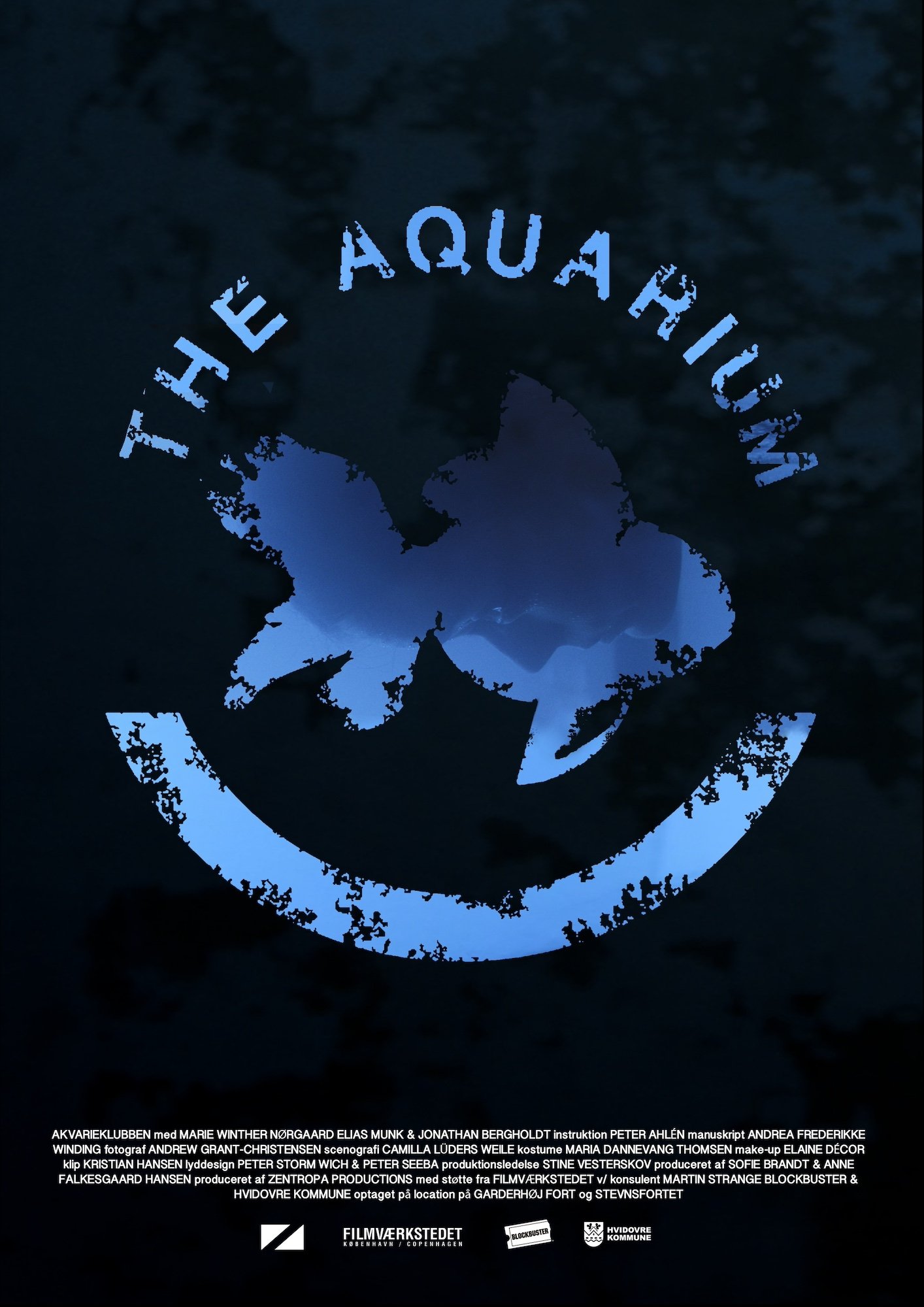
In a dystopian realm underneath the ground, a mysterious boss dictates the rules of the young people living and working here. They each work in a club, taking care of dedicated club members day after day. It is a lonely life with no escape. Carla is responsible for the Aquarium Club, Zac is in charge of the Motor Club. When their paths cross, a whole new world opens.
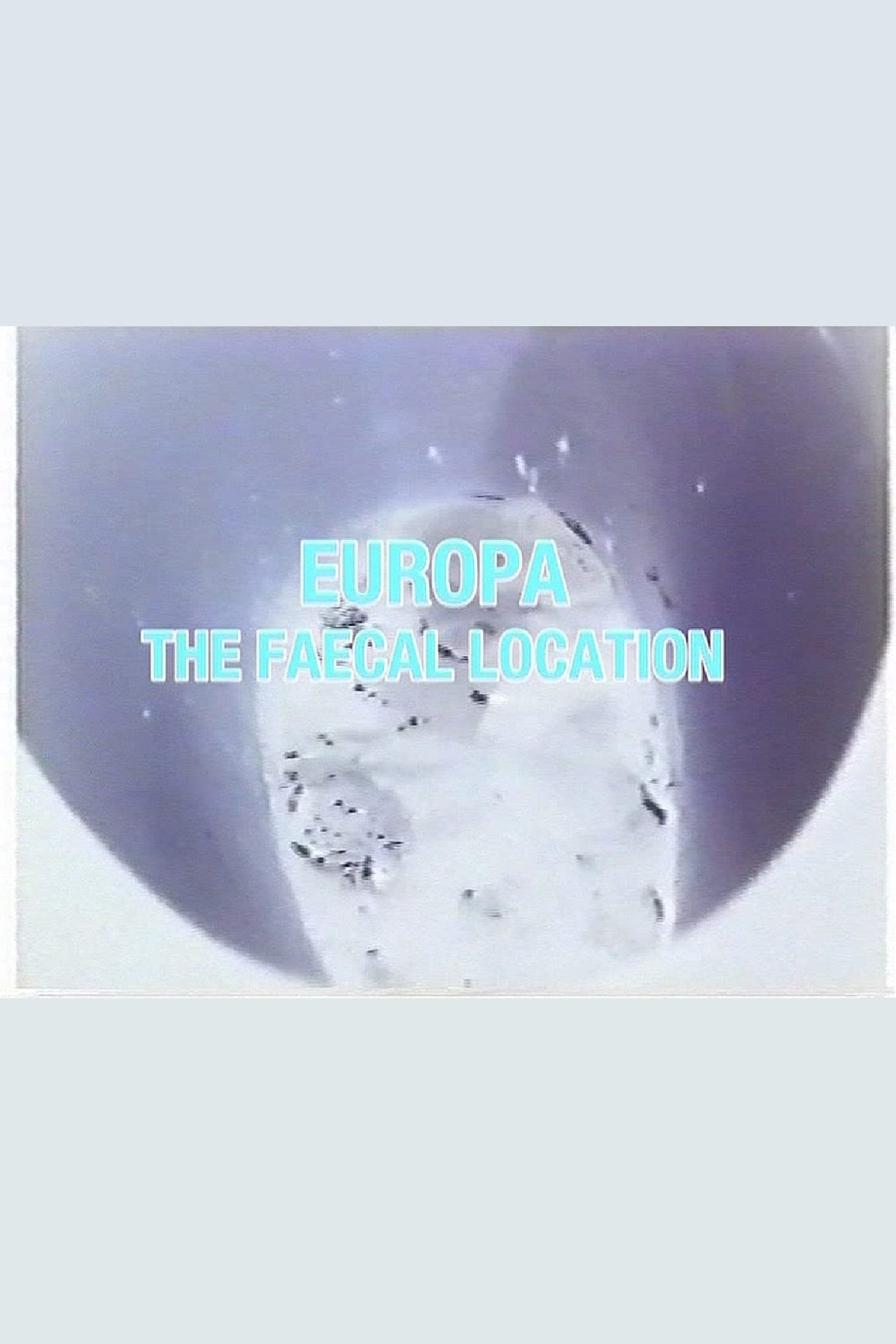
Asst. Director Tómas Gislason and Producer Peter Aalbæk Jensen reflects on their "faecal location" when they shot Lars von Trier's Europa (1991) in Poland.
Documentary with interviews of the cast and crew of Lars von Trier's 1991 film "Europa."
Quixotic Martino Sclavi dives deep into the Danish film scene to uncover the truth behind the Dogme 95 Manifesto, along the way the film systematically breaks each and every one of the Dogme 'vows of chastity' - employing special effects, comedy sound design, and a singing narrator to boot.
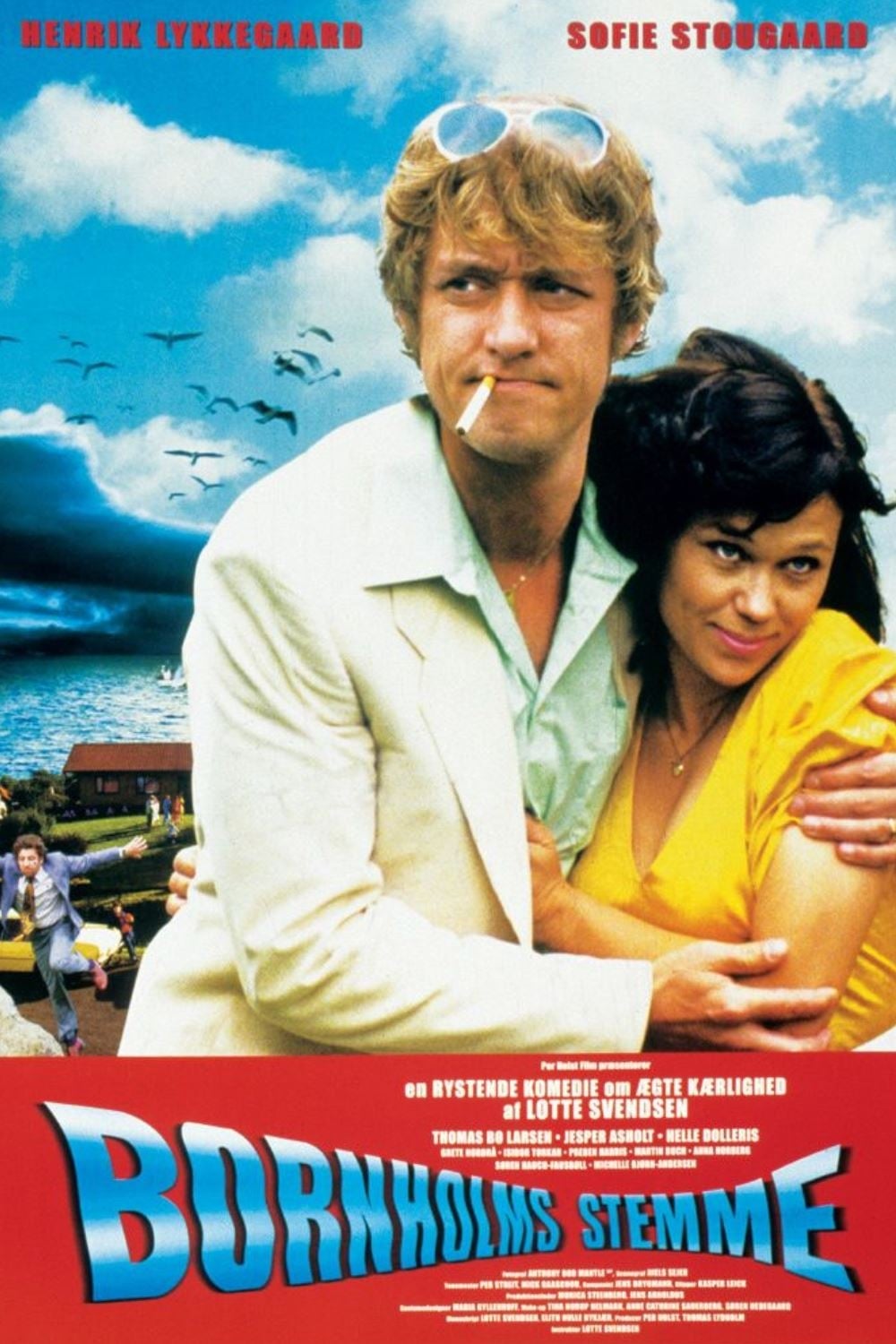
Based on director Lotte Svendsen's own memories of her childhood on the Baltic island of Bornholm, but though it is set in 1981 the conflicts portrayed do not seem far away. At the start of the film Lars Erik and his wife Sonja are doing well on the Baltic island of Bornholm. Lars Erik is a successful fisherman, Sonja is a traditional housewife, proud of their new house bulging with consumer goods. Their love for each other is the sturdy footing on which their home is founded. Lars Erik employs three men on his trawler, and spends as fast as he earns, so when fishing quotas are cut he faces a crisis. One by one his men leave the boat, but he refuses to give up. Being a fisherman is like being a farmer - you depend on the wealth of mother nature herself. However, mother nature is like romance, highly capricious!
By browsing this website, you accept our cookies policy.